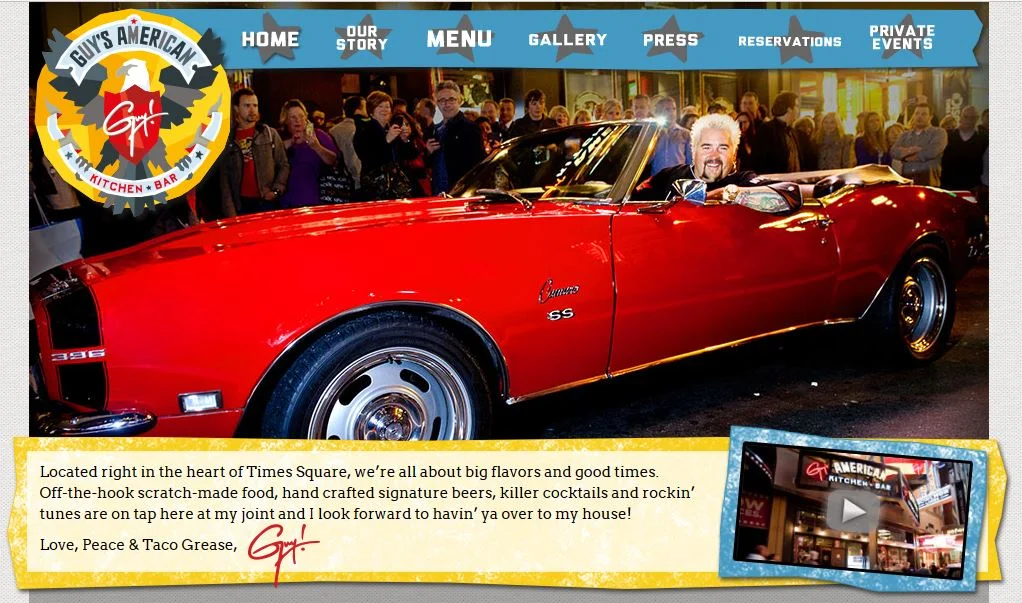Controversy About Apple's "What's a Computer?" Ad
Apple's upbeat "What's a Computer?" commercial isn't winning a lot of fans. The long version on YouTube shows a child using an iPad to video chat with a friend, send a picture, type a paper, take a picture, pay for food, draw, and read a comic book. When asked by a woman we assume is the mother, "What you doing on your computer?," the child responds, "What's a computer?"
Cute? Many people think not. According to a Business Insider article, some find the ad "infuriating."
Discussion:
- What did Apple hope to accomplish with this ad? To what extent did the company achieve its purpose?
- We might say this is a lesson in humility for Apple. How do you see it?
- Why do you think people are so angry about it?
Shark Tank Episode Illustrates Lack of Listening and Humility
The owners of Birddogs didn't do very well on Shark Tank. In Season 9, Episode 14, investors grilled the makers of gym shorts with built-in underwear and were skeptical about their responses.
At some point, Kevin O'Leary stopped the discussion to ask how they thought things were going. They didn't say much at that point, but viewers knew the answer: they probably wouldn't get a deal. At the end, Daymond John, the clothing expert and most likely partner, said, "You were also telling us about how you're better than everybody else. . . . I think it's a very elitist attitude, and I just wouldn't be able to work with you."
The entrepreneurs spoke in generalities about how their marketing was better than that of anyone else. They also claimed a 40% email marketing open rate, while their competitors had only 4%, which the sharks didn't believe.
When Lori Greiner was asking questions, one of the owners kept trying to jump in. He didn't demonstrate good listening skills.
Perhaps the worst of it was at the end. In closing, one of the men was incredulous about why they didn't get a deal.
Discussion:
- Watch the episode (available on Hulu). How well do you think the team handled the pitch? Do you share the sharks' view that they were arrogant and that their numbers "didn't add up"?
- How do you assess their presentation skills? What would have improved their delivery?
- How could they have listened and demonstrated humility? Try to give specific examples.
Neiman's Outgoing CEO Demonstrates Humility
It may be difficult for Karen Katz to leave her role as president and CEO of Neiman Marcus after 30 years of service. She will serve on the board, but she's been replaced with an outsider—Geoffroy van Raemdonck from Ralph Lauren. Katz will step down just about one year after her predecessor, who served for less than three years in the position.
According to a CNBC report, the retailer is struggling as many are today:
The move comes at a crucial time for the high-end department store, which has been working to restructure its roughly $4.4 billion in long-term net debt and readjust to the rapidly changing retail landscape.
In a news release, the company announced the change, and Katz is included in the list of people quoted:
It has been a unique privilege serving as CEO, and I am proud of the substantial progress and success our team has achieved. Geoffroy has an impressive track record of success at luxury brands, and he is the right person to lead the Company through this next phase of growth.
Discussion:
- Read other news and opinions about Katz's departure. What is said in the company's news release, and what is perhaps unsaid?
- Should the company be more transparent about the decision in this statement? Why or why not?
- How does this CEO departure statement compare to others? Research other companies' statements to compare circumstances and approaches.
- In what ways does Katz demonstrate humility?
Restaurant Closes and Owner Says Little
Guy's American Kitchen and Bar in Times Square, NYC, will close after just five years and plenty of controversy. The owner, Guy Fieri, has a big personality and has been known to be defensive when criticized. After a scathing 2012 review of the restaurant, Fieri went on the Today show to voice his reaction:
"I thought it was ridiculous. I mean, I've read reviews —- there's good and there's bad in the restaurant business, but that to me went so overboard, it really seemed like there was another agenda."
"The tone, the sarcasm, the question style."
"To me, it's impossible to come in and have a dining experience and have every single thing is wrong, unless you come in with a different agenda and you want to sensationalize something and you want to blow it out of the water. It's a great way to make a name for yourself — go after a celebrity chef that's not a New Yorker that's doing big concept in his second month. Great way to hit it."
Now, Fieri isn't saying much about the decision to close. The restaurant website homepage, shown here, looks like business-as-usual, and Eater reports an "update" on its article:
"Update: In a statement to Eater via a spokesperson, Fieri did not shed light on the reason for the closure, but noted he is 'proud' of serving millions of people throughout the years and thanked his team."
Discussion:
- Compare the process of closing this business with that of Book World, also recently announced. How do the companies' approaches differ?
- Fieri could demonstrate some humility and vulnerability, but we don't see much. How could a different reaction help him?
How Does a White Supremacist Change?
Derek Black grew up in a prominent white supremacist family, but his views about race changed when he went to college and met people who cared to challenge him. The New York Times Daily Show rebroadcast an interview with Black, and we hear first-hand about his growing up and about his evolution. (Read the transcript.)
Black's father started Stormfront, a white nationalist website, and his godfather was David Duke, once a leader of the Ku Klux Klan. Black describes his family and friends as a close group, connected by a shared purpose. Although he says that his family doesn't single out individuals, they believe that IQ is linked to race, and that people of color are biologically inferior.
After spending time with Jewish people and comparing research, Black came to understand—over the course of a year—that his research was flawed. He now denounces the white supremacist movement.
Discussion:
- How would you describe Black's transformation? What is significant about his development in terms of understanding cultural differences?
- Black wanted to stay in the background after his discovery, but he says he felt compelled to be more publicly vocal. What are the arguments for and against staying anonymous?
- Describe how Black demonstrates intellectual humility.










